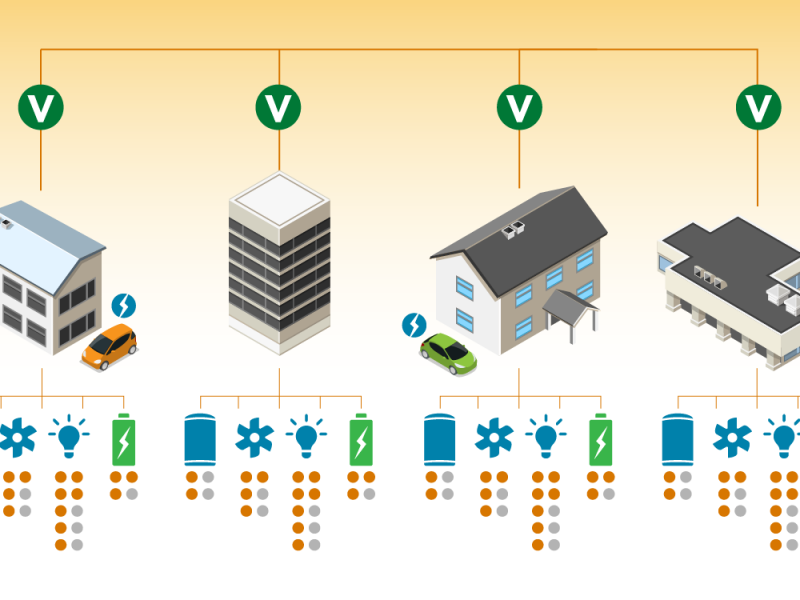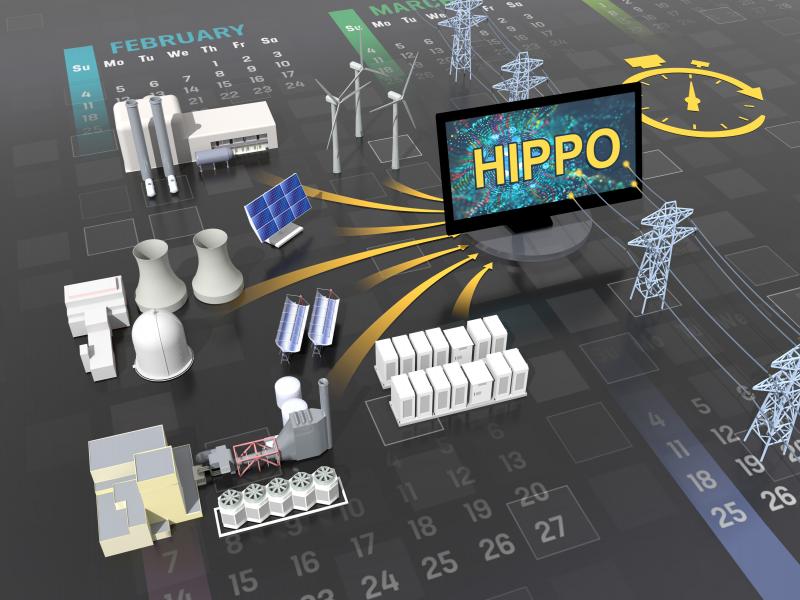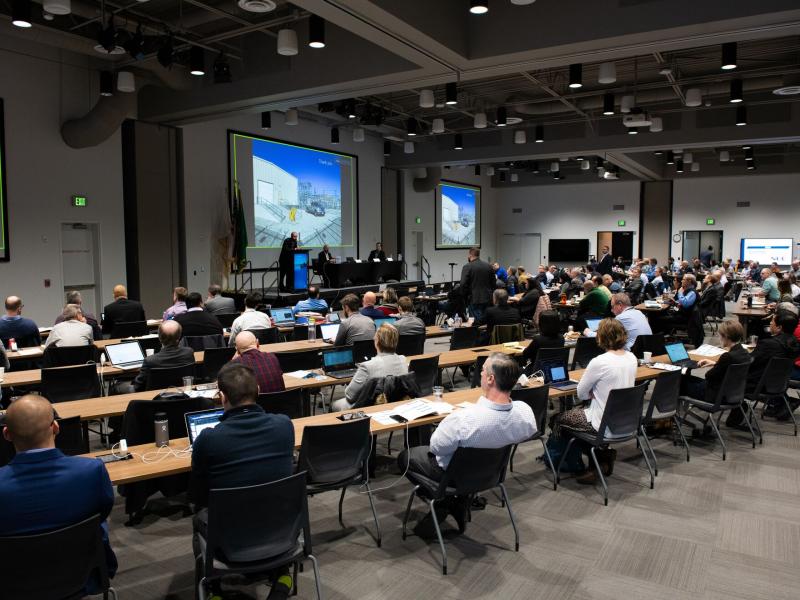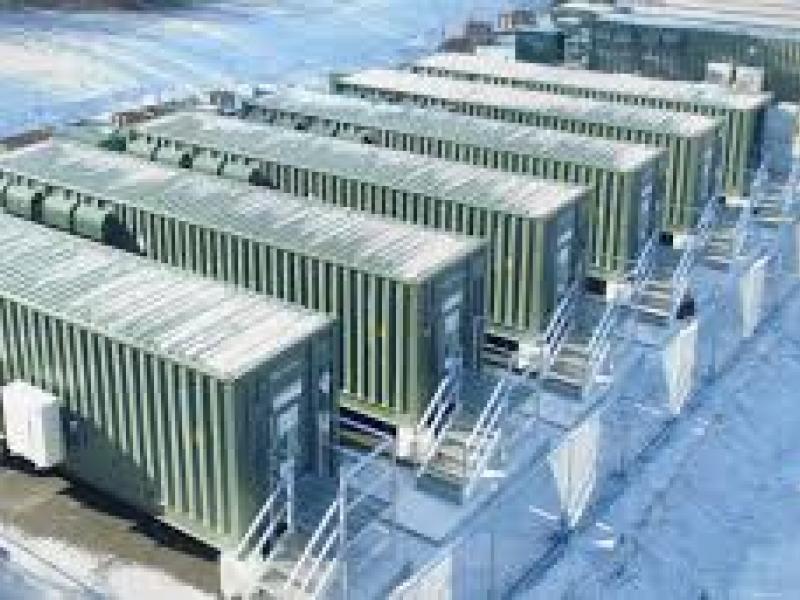Featured Stories
May 21, 2024
West Coast Seabird Study Shows How They Might One Day Share the Air with Wind Turbines
May 24, 2024
PNNL Researchers Studying Marine-Based Global Warming Solutions
May 20, 2024
Slowing Climate Change is Possible—Here’s How Nations Could Make it Happen
May 17, 2024
How Plants Sense Sugar, Produce Oils
Subscribe
to receive PNNL
news by email:
Latest Stories
175 results found
Filters applied: Electric Grid Modernization, Advanced Hydrocarbon Conversion, Energy Efficiency, Carbon Management, Feature
























